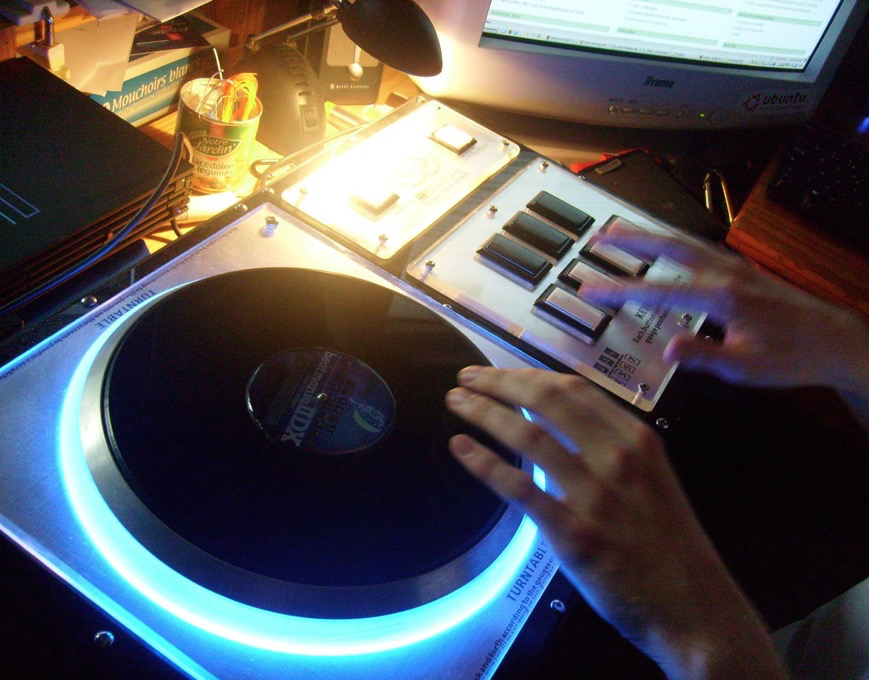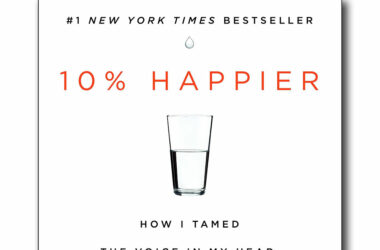I’ve enjoyed a lot of music games over the years.
Before we had Guitar Hero and Rock Band in the US, there was already an established genre of rhythm games, largely made and played in Asia. They centered around hitting the right controls with precise timing, and ran the gamut from virtual DJing (Beatmania) to simulated dancing (Dance Dance Revolution) to abstract “instruments” (Para Para Paradise). They were largely played in arcades because of the specialized equipment.
There have been a number of games specifically made for personal devices as well:
- Ouendan was a cheerleading game that used the Nintendo DS stylus;
- DJMAX uses the PS Vita’s touch screen and rear touch pad;
- Jubeat asks its users to tap giant buttons on a touch screen
In fact, there’s a bunch of iOS music games – from Tap Tap Revenge to Magic Piano to Cytus and Deemo – that turn the touch screen into a crude approximation of a musical instrument, albeit one without tactile feedback. Because the app store is so good at driving down the prices of software in general, the amount of music you get per in-app purchase makes these iOS games a substantially better deal.
As to the games themselves, I doubt anybody believes that playing a plastic guitar or swiping an iPad is the path towards playing real music1. The joy comes from pretending, at least for a few moments, that you’re making music, that the mechanical and mostly arbitrary movements you’re making with your fingers correlate to the much more rich and complex music coming out of the game. When it works, the effect is uplifting, allowing players to feel like they’re much more musically skilled than they actually are.
I suspect that beyond pure inspiration, music games actually help with musical sight-reading. These games force its players to play notes as they’re continuously cascading down the screen; in a grove, players have little time to consciously think about the notes and have to rely on honed hand-eye reactions. It reminds me a bit of speed reading training, specifically the rapid serial visual presentation technique.
And personally, I keep on playing these games in hopes that they keep my fingers nimble and allow me to remain dexterous as I age. There is of course no scientific evidence that it has any such effect, but at least it keeps the hands busy.




